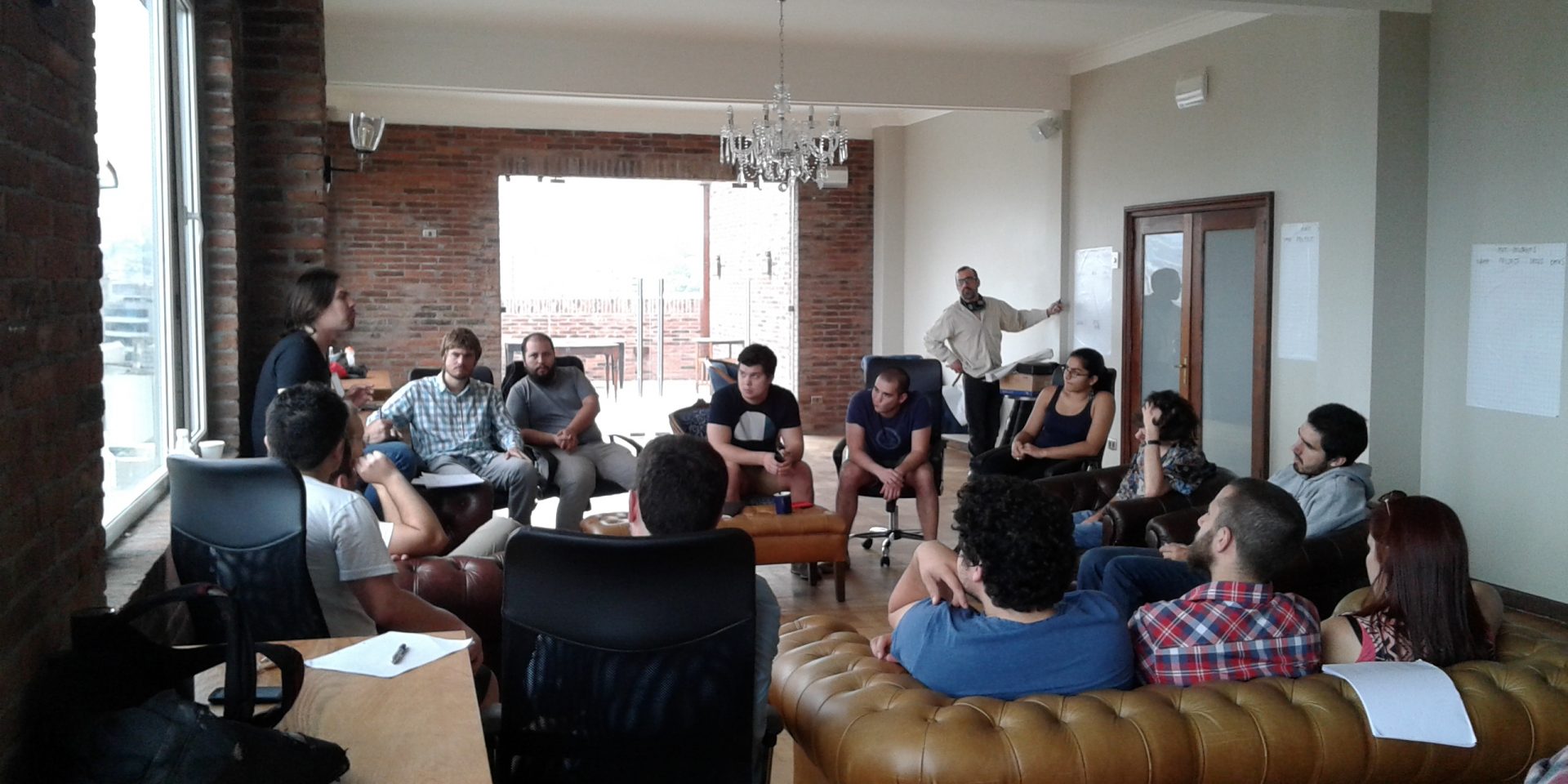
Ricardo Guzman, member of CICS (Center for Social Complexity), will present the paper “Euvoluntariness and just market exchange: Moral dilemmas from Locke’s Venditio”, a joint work with Michael C. Munger, Departments of Economics and Political Science, Duke University.
Paper: “Euvoluntariness and just market exchange: Moral dilemmas from Locke’s Venditio”
When: Tuesday, 26th march, 13:30 hrs.
Where: Facultad de Gobierno, Universidad del Desarrollo. Av Plaza 680, Las Condes.
Language: Spanish (English speakers are welcome)
Abstract: It is a maxim of Public Choice that voluntary exchanges should not be interfered with by the state. But what makes a voluntary market exchange truly voluntary? We suggest, contra much of the economics literature, that voluntary exchange requires consent uncoerced by threats of harm, but that this is not sufficient. In particular, a person pressured to exchange by the dire consequences of failing to exchange—e.g., dying of thirst or hunger—is still coerced, and coerced exchange cannot be truly voluntary. The weaker party’s desperation gives the other party unconscionable bargaining power. We argue for a distinction, based on a neologism: in the case of coercion by circumstance but not by threat, exchange is still voluntary in the conventional sense, but it is not euvoluntary (i.e., truly voluntary). We will argue that all euvoluntary exchanges are just, while non-euvoluntary exchanges may or may not be unjust; that in competitive markets all exchanges are just, even those that are not euvoluntary, while in bilateral monopolies some exchanges are neither euvoluntary nor just. We will propose a mental devise, the “fictitious negotiation”, to determine the just price in non-euvoluntary market exchanges. A primitive version of these ideas can be found in a little known monograph by John Locke, which we will analyze in detail.
To confirm your attendance and more information: [email protected]